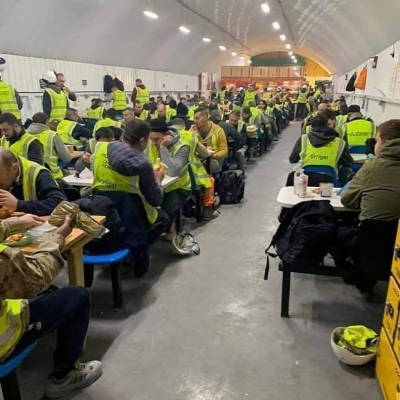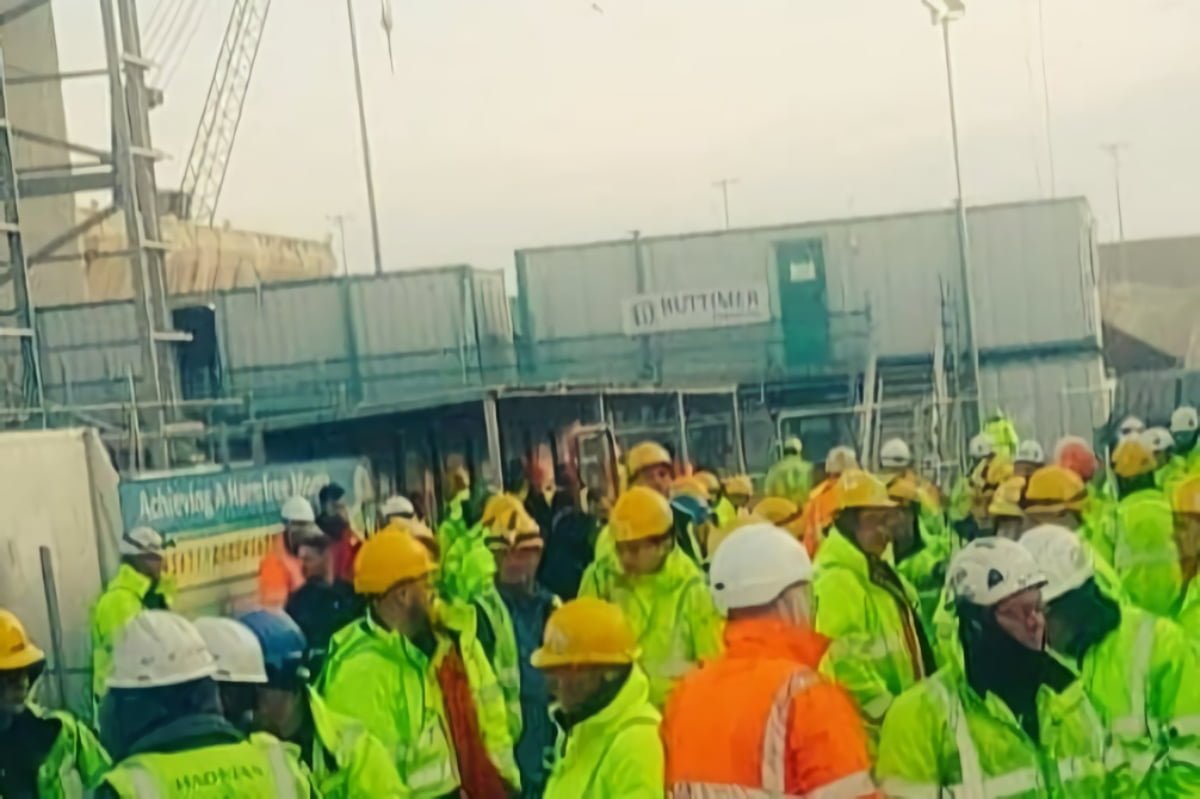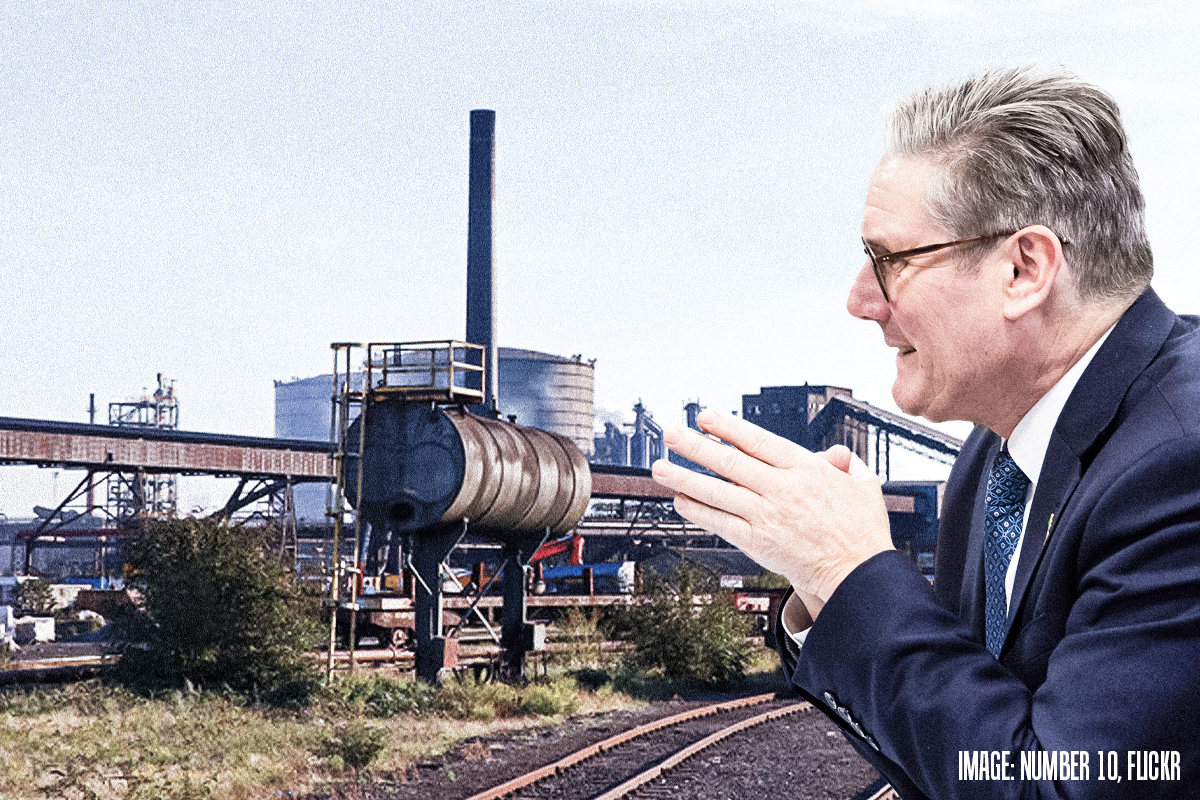Construction workers have faced endless attacks in recent years – from blacklisting, to bogus self-employment, to unsafe conditions. Now the bosses are pushing for a pay freeze, setting the stage for a bitter struggle.
It may come as a shock to those who follow industrial relations in Britain that, despite all the attacks on collective bargaining over the decades, there are still a number of national agreements in place today between construction employers and the unions.
Nearly all of these national agreements, however, have been left to wither on the vine by the bosses, as they try to smash organised labour on construction projects.
This has led to a workforce emerging that is dominated by agencies and casualisation. This comes with problems such as blacklisting, bogus self-employment, health and safety issues, and so on. And all of this is now being compounded by the COVID-19 crisis.
Rank-and-file action
 Following a series of mergers, Unite the Union has inherited nearly all of these national agreements, which stretch across the construction sector. From electricians, to pipefitters, to scaffold erectors: virtually every type of work on sites is grouped into a national agreement of some kind.
Following a series of mergers, Unite the Union has inherited nearly all of these national agreements, which stretch across the construction sector. From electricians, to pipefitters, to scaffold erectors: virtually every type of work on sites is grouped into a national agreement of some kind.
All of these national agreements now have one thing in common – in the latest round of negotiations, the bosses have offered workers a big fat 0% pay increase. In real terms, due to inflation, this is obviously a pay cut. And since agency rates are dictated by the official rate offered in national agreements, this also affects wage levels amongst agency workers.
The bosses are playing with fire, however. A substantial number of Unite M&E [mechanical and electrical] workers are getting active in militant rank-and-file committees across Britain. And they are serious about fighting back – not just over the wage freeze, but also to reinvigorate the M&E national agreements, so that the agency workers are covered by the same agreements as those in direct employment.
Ultimately we want an organised union workforce on construction sites across Britain; a democratic workers’ organisation that can wrestle control from the bosses. It’s a lot to fight for. But why shouldn’t we? We have had enough of blacklisting, casual work, bogus self-employment, deaths and injuries.
Workers’ control
The magnificent rank-and-file movements in 2012 showed what is possible. Beating back the attempts of construction giants such as Balfour Beatty to tear up terms and conditions, rank-and-file committees showed their strength as fighting organisations. Construction workers have learnt valuable lessons from that struggle.
As well as rejecting the pay freeze, these committees are also now demanding that Unite provide members in M&E with their own sectoral structures within the union. The current Unite construction sector doesn’t properly represent a good chunk of the members organised under its banner.
The demand is for an Electrical Mechanical Engineering Construction (EMEC) sector, in order to fight against the problems specific in these industries, alongside the fights involving all construction workers. Some of the most well-respected militants in the union – including Tony Seaman and Frank Morris – are leading the charge for this new sector to be formed.
In other words, it isn’t just demands for better wages that motivates workers, but also demands to have control over our working lives – not only in relation to the workplace, but also within our union.
Explosive conditions
Like a pile of gunpowder, this simmering discontent is about to be sparked by the pay freeze on offer. Construction workers have fought against brutal exploitation in their industries before, and they will do so again.
Through the struggles ahead, there will be leaps in consciousness and radicalisation. In turn, our defensive fight will become an offensive one.
Ultimately, the only way to defend our livelihoods is to get rid of the bosses’ system, which constantly attacks workers like us in its insatiable drive for profits. Instead, we need a socialist planned economy, based on the nationalisation of the big construction firms and industrial monopolies, under the democratic control of our class.






